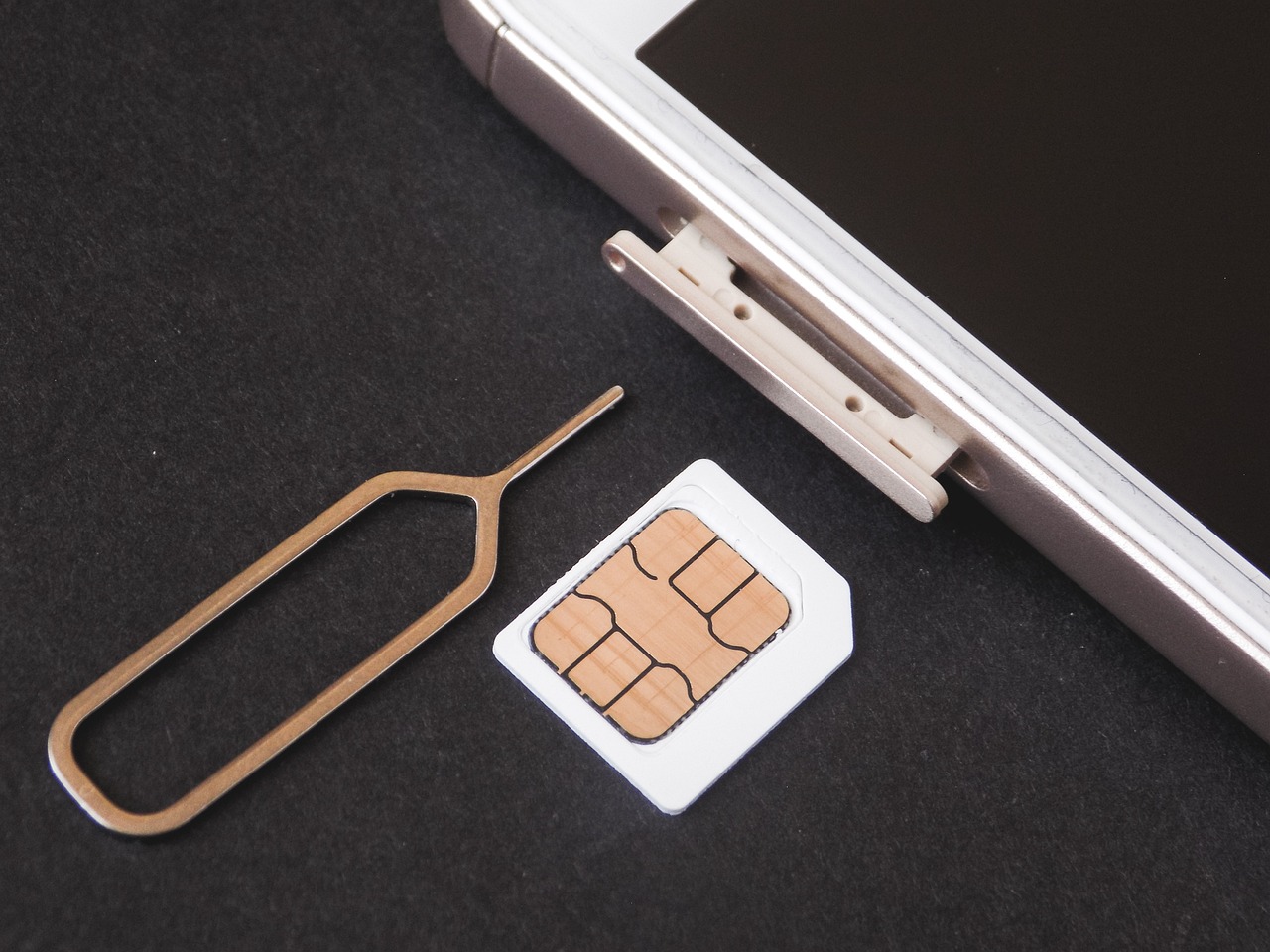In an era where digital transformation is not just a buzzword but a fundamental shift in our everyday lives, the telecommunications sector is also undergoing a significant metamorphosis. At the heart of this transformation is the emergence and adoption of embedded SIMs (eSIMs), which promise a more seamless, efficient, and flexible mobile connectivity experience. But does this innovation spell the end for traditional SIM cards? Let’s delve into a fresh analysis of the potential future landscape shaped by the eSIM industry.
The Rise of eSIM Technology
eSIM technology is a game-changer, offering the ability to switch carriers without physically changing a SIM card. This software-based SIM not only simplifies the process of changing service providers but also supports multiple accounts, making it an ideal choice for international travellers and IoT devices. Companies like Tripcel are at the forefront, offering eSIM solutions that cater to the needs of the modern mobile user, emphasising convenience and connectivity without borders.
The Environmental and Economic Edge
eSIM technology offers notable environmental and economic advantages.
By eliminating the need for plastic SIM cards and the associated packaging, eSIMs contribute to reducing electronic waste. Economically, the shift towards eSIMs could save the industry billions in logistics and production costs. These factors alone present a compelling case for the industry’s pivot towards eSIM technology, aligning with global sustainability goals and efficiency improvements.
Consumer Convenience vs. Traditional Reluctance
The transition to eSIM technology champions consumer convenience, offering the ability to manage subscriptions digitally with just a few clicks. This is particularly advantageous for frequent travellers and those who require multiple lines for personal and business use. Despite these benefits, there’s a noticeable inertia within parts of the population, stemming from a combination of habit, lack of awareness, and concerns over new technology adoption. Overcoming this reluctance is crucial for the widespread acceptance of eSIMs.
The Role of Carriers and Manufacturers
For eSIM technology to fully replace traditional SIM cards, active collaboration between carriers, smartphone manufacturers, and eSIM solution providers like Tripcel is essential. The increasing support from industry giants is a positive sign. Many leading smartphone manufacturers are already integrating eSIM functionality into their devices, and carriers are progressively adopting eSIM platforms. This synergy is pivotal for the transition and will dictate the pace at which eSIMs become the new standard.
The Verdict: A Gradual Shift, Not an Overnight Revolution
While the benefits of eSIM technology are clear, suggesting an inevitable shift from traditional SIM cards, it’s unlikely to be an overnight revolution. The transition will be gradual, influenced by consumer adoption rates, regulatory environments, and the readiness of the telecommunications ecosystem to support this shift.
The future is digital, and eSIM technology is a significant step towards that future. However, it will coexist with traditional SIM cards for some time, catering to a diverse range of user needs and preferences. Companies like Tripcel are crucial in this transition, offering innovative eSIM solutions that make the digital shift not just a possibility but a reality for consumers worldwide.
In conclusion, the eSIM industry is not just on the brink of replacing traditional SIM cards; it’s setting the stage for a more connected, efficient, and environmentally friendly future. As we navigate this transition, the focus should not solely be on replacement but on how these technologies can coexist and complement each other to meet the evolving needs of users around the globe.






Leave a reply